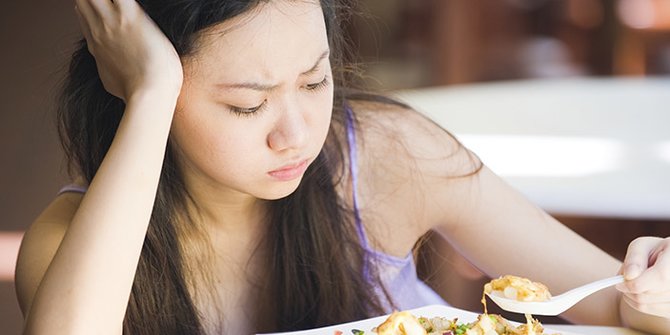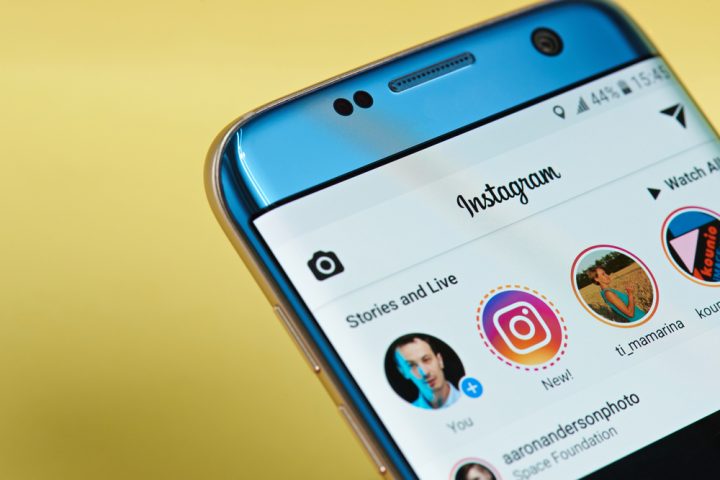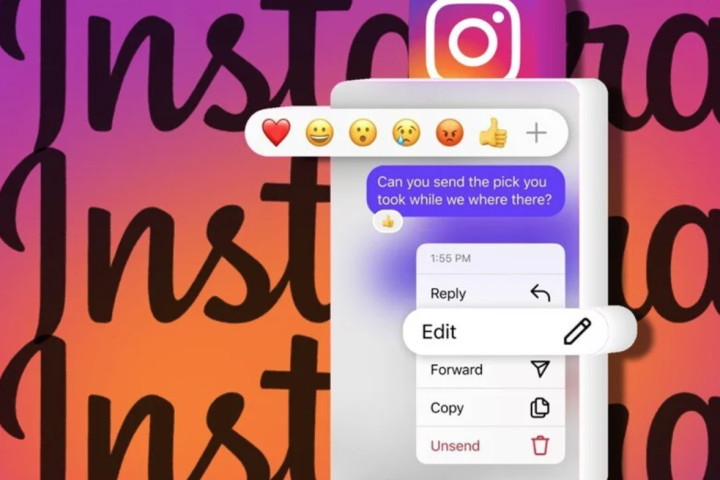Struggles for weakness on the Tik Tok and Instagram platforms can lead to the formation of some complexes in teens

Social networks, such as magazines, also contribute to the depiction of weakness as the best appearance, leading to many eating disorders, including anorexia. Although these networks allow the creation of support groups for people with eating disorders, they can also cause these disorders to occur.
This phenomenon is not new, for example, in the early 2000s there was a huge increase in blogs supporting anorexia called ‘Pro-ana’ bulimia and ‘Promia’.
According to experts who posted on social networks on Thursday on the occasion of the International Day of Behavioral Eating Disorders, internet service companies later attempted to delete these blogs, but this phenomenon began to take new forms in social networks.
These new forms include ‘challenges’ in which young people are targeted by frequently sharing them on social media platforms Tik Tok and Instagram.
These ‘challenges’ include the ‘A4 Paper’ challenge. To win, the waist circumference must be 21 centimeters, that is, the width of an A4 sheet of paper. Such a thing is an impossible race to achieve except by not following a very strict diet, such as not eating for a long time.
There are thousands of accounts on social media that glorify weakness and can cause complexes in adults.
Valentin Flodias, a professor of clinical psychology at the University of Nantes in western France, believes that young people’s interest in the pages of these weak, fit and healthy celebrities stems mainly from ‘ideas that prevail in society’.
In an interview with the French news agency AFP, Flodias recalled the World Health Organization’s (WHO) alarming statements in May about the emerging ‘obesity epidemic’ in Europe, stating that ‘the call for the fight against obesity and physical activity strengthens the tendency to resort to these accounts appropriate to the phenomenon of the weak’.
Natalie Goddard, a child psychiatrist and president of the French Federation of Anorexia and Bulimia, said the ‘beauty issue’, which is heavily highlighted in photos altered by filters and photoshop techniques on social networks, is having an impact on people already suffering from eating disorders.
Goddard notes that anorexia nervosa is the result of ‘multiple factors’ and therefore ‘it cannot be said that social media is the only cause’, although the platforms in question can be a factor that causes discomfort and feelings of self-contempt.
In addition, young women between the ages of 15 and 25 are now using social media to describe their hospitalization experiences and their relationship to the disease, and their recovery process. This allows the creation of groups that will help patients in the hope of recovery.
While Flodias describes it as a “good thing,” he thinks there are risks. “Anorexia is often a problem with relationships with others. The danger here is that these calculations lead to a person’s illness becoming synonymous with their identity, thus becoming even more captive to that disease.”
Flidas points to the increasingly pervasive movement of ‘body positivity’ (i.e. a person’s love for their body) on social networks. While it’s better than the Pro Ana (i.e. anorexia) movement, he notes that such accounts also focus on the body, and recovering from anorexia requires getting away from that obsession.
Natalie Goddard says that these accounts, which have become a kind of ‘nutritional guidance’ in some, lead to the problem of eating, which is even more effective than people think. Some patients may think they are getting better, but they may develop a similar condition, or orthorexia nervosa (obsession with healthy eating).
In the obsession with healthy eating, patients are not obsessed with their weight, unlike anorexia, but they pay excessive attention to what they eat, which negatively affects their social life.
Patient experiences
In 2019, French psychologist Pauline Drecq created a group in a hospital that studies patients’ experiences on social networks. Drecq says these teens with eating disorders walk around social networks at night in their rooms, when they’re alone, and sometimes when they’re experiencing anxiety.
During the team’s studies, patients commented on an Instagram post or YouTube video, and their comments were examined to analyze the positive or negative effects of these posts on patients’ psychological state.
However, Drecq thinks that the effect created by the content varies according to the patient and the stage of their disease. For example, he notes that a calculation about cooking can have healing effects on one patient, but exacerbate food restrictions in another patient.
Drecq says the goal here is not to demonize social networks, but to make patients aware of the effects of these platforms on their ailments and encourage them to use these networks with caution.




